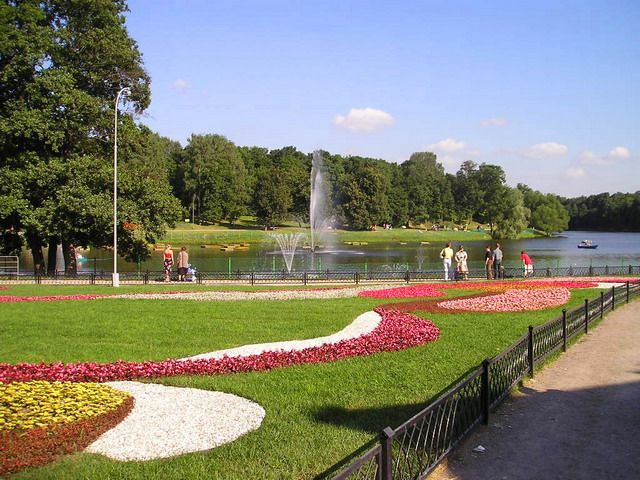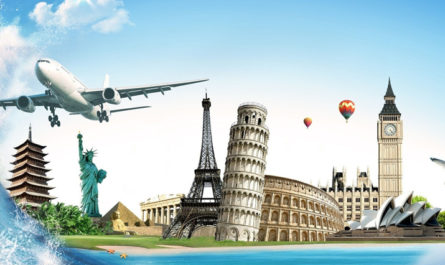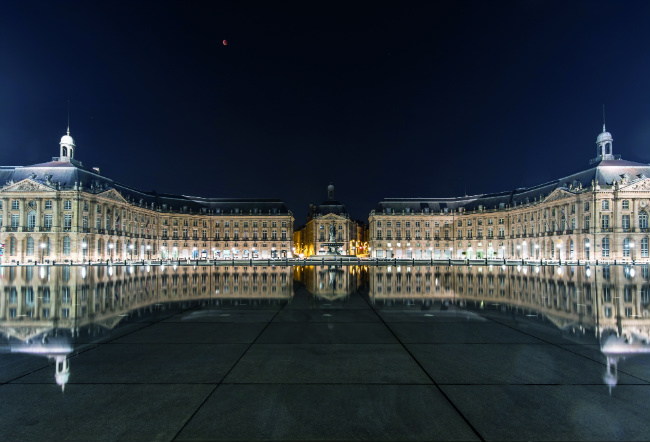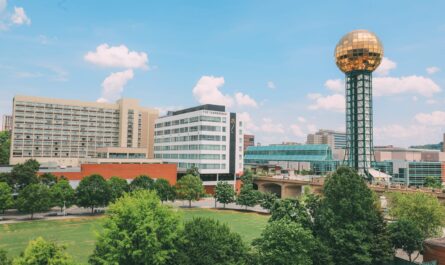The Cold War is over. Moscow has moved on. Images of a colourless, joyless city patrolled by stone-faced soldiers in fur hats no longer apply to modern Moscow. This is a vibrant, colourful and cultural city in which modern shopping malls such as Nautilus and the Evropeysky Shopping Centre, luxury hotels including the ultra-opulent five-star Ararat Park Hyatt Moscow and countless plush new restaurants rub shoulders with Moscow’s tourist treasures: the Kremlin, Red Square, the Pushkin State Museum and the Bolshoi Theatre among them.
But away from the gilded domes of the cathedrals, and magnificent architecture both historic and contemporary, there is a greener side to Moscow. Some are famous, some are historic but all are beautiful; the unmissable parks and gardens of Moscow provide a place to relax and enjoy the scenery when it’s time for a break from the fast-paced city.
Gorky Park
Perhaps the most famous Moscow park of all, the three-hundred acre Gorky Park, which runs alongside the Moscow River, opened in 1928 and was named in honour of the revolutionary Russian author Maxim Gorky. Originally the site of an amusement park in the post-Soviet era, the rollercoasters, Ferris wheel and other attractions gradually fell into disrepair and in 2011 the park’s new director dismantled the decrepit amusements, banished the fast-food stalls and revitalised Gorky Park as an eco-friendly recreational site with an emphasis on sports, leisure, culture and nature. Free wi-fi, an outdoor cinema, cafes and, in winter, a vast 18,000 square metre ice rink, have all helped to re-establish Gorky Park as one of Moscow’s most popular attractions.
Victory Park
Just a few metro stops west from central Moscow, Victory park features not only beautifully landscaped lawns and flowerbeds but also serves as an open air museum commemorating the Russian contribution to World War II. Amid the greenery, dancing ornamental fountains and monuments to fallen heroes and military leaders, visitors will find armoured tanks, heavy artillery, decommissioned aircraft and even a locomotive all used in Russia’s war efforts. Victory Park is also home to an impressive and moving museum building which recounts the story of the devastating conflict known by the Russians as the ‘Great Patriotic War’.
Alexander Garden
Alexander Gardens follow the eastern wall of the Kremlin and once formed part of the citadel’s defensive moat. At the beginning of the nineteenth century, on the orders of Czar Alexander I, the moat was filled in and three gardens – The Upper, The Middle and The Lower were created. Today, the smallest Lower Garden is closed to the public, but walkways lead through the Middle and Upper Gardens, which serve as a peaceful and beautiful sanctuary in the shadow of the Kremlin. Well-tended lawns and vividly coloured beds of tulips and roses are punctuated by ornamental bushes including, hawthorn, acacia, lilac and jasmine whilst spruce, maple and linden trees and an oak tree more than two centuries old provide shade. The Upper Garden features an ornamental pond with fountains and statues, whilst the Tomb of the Unknown Soldier and accompanying Eternal Flame commemorate Russia’s war heroes.
Solkolniki Park
Founded in 1878 in ancient woodlands in Moscow’s north-east, Solkolniki Park occupies the site of former royal hunting grounds dating back to the fifteenth century. Much of the park’s 1,500 acres of open space and wooded areas remain little changed since it was landscaped in the nineteenth century. A circular area, reached by a path from the main gate, is divided by further pathways into nine sectors each planted with a single variety of tree; the first and third sectors contain birch trees, the second contains elms, the fourth maple trees and so on. The park is famous for its rose gardens which comprise more than thirty thousand rose bushes of more than one hundred varieties. Besides its outstanding natural beauty, Solkolniki Park also offers a range of recreational and sports facilities and regularly hosts concerts making it a popular destination for Muscovites and visitors alike.



